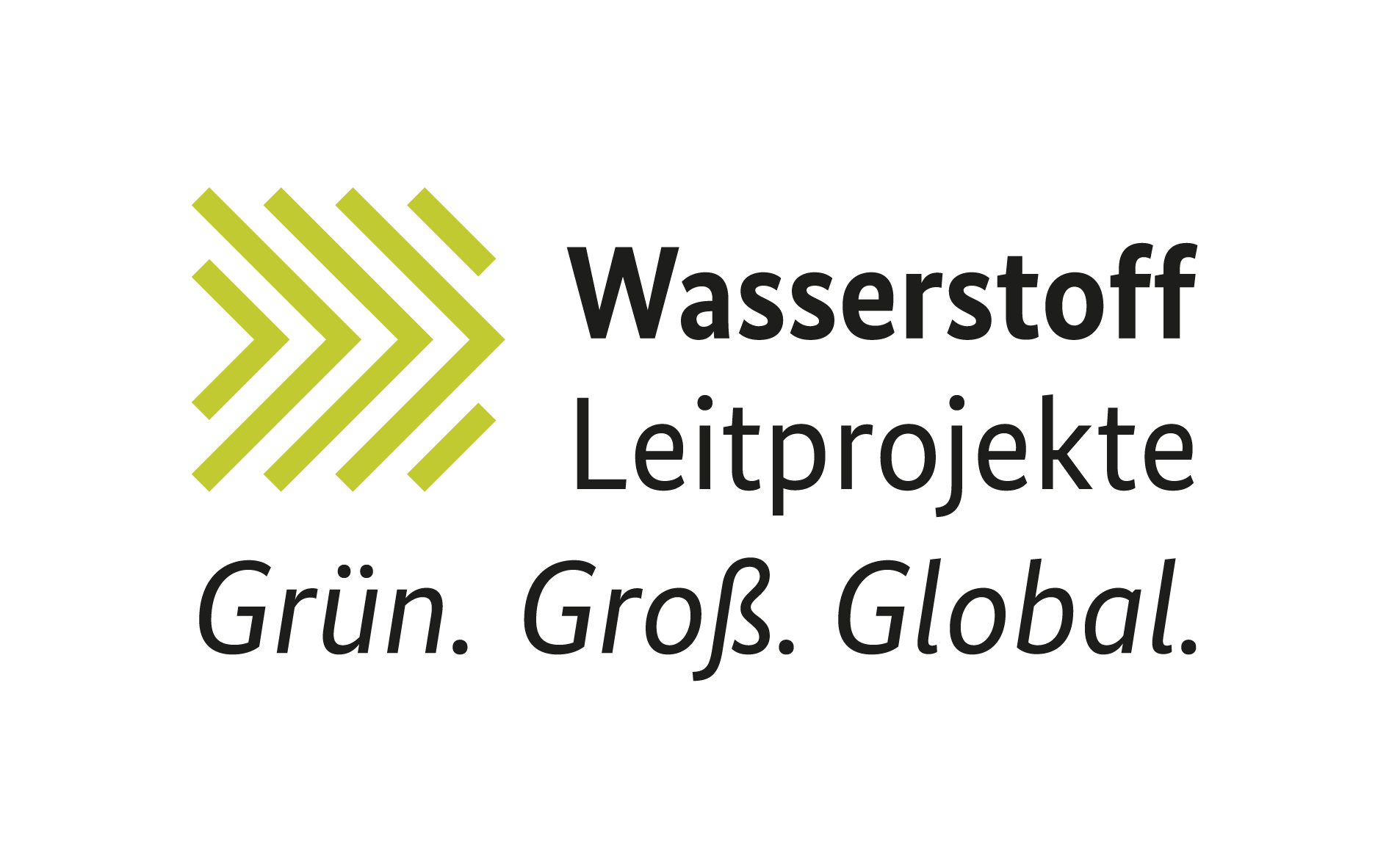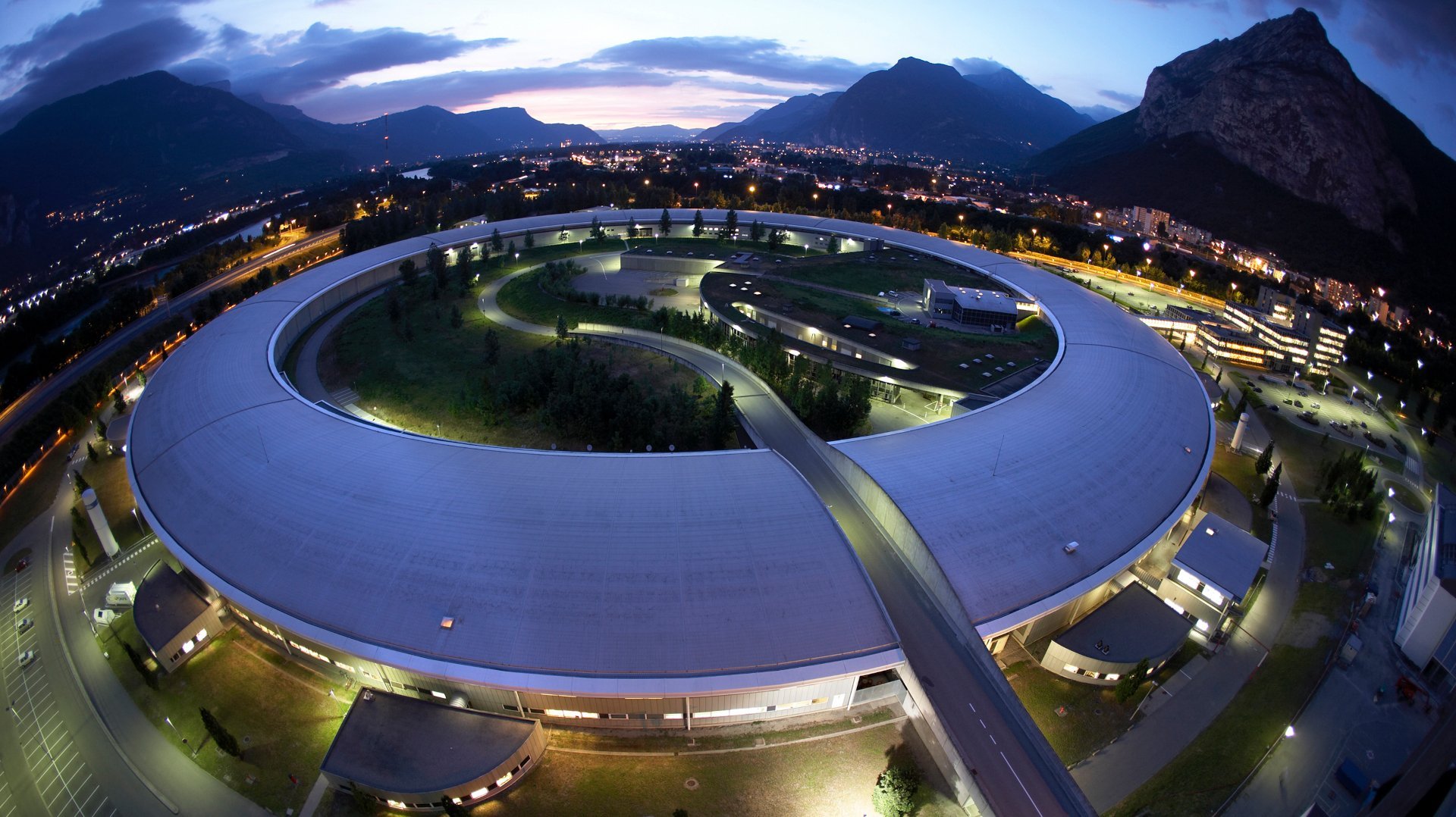Projects

BatWoMan
More information
Information
BatWoMan
- CENIDE Research Focus:
-
Functional materials for energy applications
- Funding :
- 2022 - 2025
- Contact:
-
Harry Hoster (Project manager)
Theresa Schredelseker (Project member)
- Website:
- https://batwoman.eu/
Abstract
Europe’s leadership position in sustainable battery production will be secured via new sustainable and cost-efficient lithium-ion battery cell production. This is the goal of the EU-funded BatWoMan project, paving the way towards carbon-neutral cell production. The project’s efforts will focus on energy efficient and no volatile organic compounds processed electrodes, with slurries of high dry mass content. It will also establish an innovative dry room reducing concept with improved electrolyte filling. Low-cost and energy-efficient cell conditioning, namely wetting, formation and ageing, is also on the project’s agenda. An innovative platform based on AI will support these technological improvements. The overall goal of the project is to reduce by more than half the cell production cost and energy consumption.
EIT Raw Materials Innovation Project
More informationInformation
EIT Raw Materials Innovation Project
- CENIDE Research Focus:
-
Functional materials for energy applications
- Funding :
- 2022 - 2025
- Contact:
-
Hartmut Wiggers (Project member)
- Website:
- https://eitrawmaterials.eu/knowledge-innovation/all-projects
Abstract
Batteries for mobile phones and electric vehicles rely on graphite anodes that reached their performance limits. The current market expects new anodes alternatives. Therefore, one of the major challenges for Europe is to find efficient and sustainable substitutes for critical raw materials. SIRIUS project led by Nanomakers kicked off work to supply the highest performance and cost-efficient silicon material for the battery market and e-mobility by upscaling Nanomakers’ production capacity. The idea was to secure the raw materials supply by working on two aspects. On the one hand, use silicon gas precursors to obtain silicon metal and the partial substitution of graphite. On the other hand, Nanomakers developed high capacity anodes to reduce the anode materials quantity in batteries.

Lead Project H2Giga
More information
Information
Lead Project H2Giga
- CENIDE Research Focus:
-
Catalysis
Functional materials for energy applications
- Funding :
- Since 2021
- Contact:
-
Corina Andronescu (Project member)
Doris Segets (Project member)
Nicolas Wöhrl (Project member)
- Website:
- https://www.wasserstoff-leitprojekte.de/leitprojekte/h2giga
Abstract
To cover Germany’s demand for green hydrogen, large capacities of efficient and cost-effective electrolysers are needed. Although efficient electrolysers are already on the market today, they are usually still produced by hand. The H2Giga flagship project will therefore support the series production of electrolysers.

NanoMatFutur: MatGasDif – NanoMATerials as the basis for GASDIFfusion electrodes for highly selective CO2 reduction
More information
Information
NanoMatFutur: MatGasDif – NanoMATerials as the basis for GASDIFfusion electrodes for highly selective CO2 reduction
- CENIDE Research Focus:
-
Catalysis
- Funding :
- Since 2020
- Contact:
-
Corina Andronescu (Project manager)
- Website:
- https://www.werkstofftechnologien.de/projekte/nachwuchsfoerderung/nachwuchsgruppen-energietechnik/dr-ing-corina-andronescu-matgasdif
Abstract
In the fight against climate change, one thing is of particular interest: closing the carbon cycle. The aim is to maintain industrial efficiency and people's standard of living. The MatGasDif project is researching new catalysts and processes for the utilization of carbon dioxide.

6GEM – 6G research hub for open, efficient and secure mobile communications systems
More information
Information
6GEM – 6G research hub for open, efficient and secure mobile communications systems
- Funding :
- 2021 - 2025
- Contact:
-
Nils Weimann (Project member)
- Website:
- http://www.6gem.de/
Abstract
With their application "6GEM open - efficient - secure - safe", the RWTH Aachen University, the Ruhr-University Bochum, the Dortmund University of Technology and the University of Duisburg-Essen were successful in a call for proposals issued by the German Federal Ministry of Education and Research (BMBF). The four universities will work together with four non-university research institutions on future communication technologies in 6G mobile communications from August 1, 2021. Co-applicants were the Fraunhofer Institute for Material Flow and Logistics, the Fraunhofer Institute for Microelectronic Circuits and Systems, the Fraunhofer Institute for High Frequency Physics and Radar Technology and the Max Planck Institute for Security and Privacy. The 6GEM consortium combines scientific excellence and mobile communications expertise at the network, material, component/microchip and module levels in North Rhine-Westphalia. Experience in their implementation and worldwide networking is also available. A holistic approach is being pursued, from production and logistics to people with their needs for self-determination, privacy and security in times of climate change. The added value of future 6G systems for socially and industrially highly relevant use cases will be demonstrated. For this purpose, seven test sites will be integrated and equipped with 6G systems: A digital operating room at the University of Düsseldorf, a smart hospital at the University Hospital Essen, the German Rescue Robotics Center in Dortmund, the high-speed intralogistics of the Fraunhofer Institute for Material Flow and Logistics in Dortmund, the highly automated production environments of the Fraunhofer Institute for Production Technology in Aachen, a large-scale port logistics in Duisburg, and road traffic scenarios from the city center to the highway in Aldenhoven. The results of the scientific work are expected to generate patents on a large scale.

PUMA
More information
Information
PUMA
- CENIDE Research Focus:
-
Magnetic materials
- Funding :
- 2022 - 2026
- Contact:
-
Heiko Wende (Coordinator)
- Website:
- https://www.uni-due.de/cenide/de/news-detail.php?id=energiewende-mit-nachhaltigen-magneten
Abstract
Powerful magnets can be used for effective cooling, heat and power generation. They make a decisive contribution to the energy transition. A consortium led by the UDE is therefore researching new magnetic materials that are efficient and environmentally compatible. Partners in the PUMA project are the Technical University of Darmstadt and the Helmholtz-Zentrum Dresden-Rossendorf (HZDR). The German Federal Ministry of Education and Research is funding PUMA with two million euros for four years starting in October.

Forschungsnetzwerk terahertz.NRW
More information
Information
Forschungsnetzwerk terahertz.NRW
- Contact:
-
Nils Weimann (Project member)
- Website:
- https://www.terahertz.nrw/
Abstract
The terahertz (THz) frequency range, located beyond visible light and infrared radiation, has great potential for many fields of application. The enormous frequency bandwidths promise a disruptive leap in data rates in communications.

EIN Quantum NRW
More information
Information
EIN Quantum NRW
- Funding :
- Since 2022
- Contact:
-
Gerd Bacher (Project member)
- Website:
- https://ein-quantum.nrw/
Abstract
Further expanding national technological leadership in the research and development of quantum technologies, training specialists for this future field and developing applications for business and large-scale industry in the heart of Europe - these are the goals of the new quantum computing network “EIN Quantum NRW”, which pools the expertise of the partners. Together with national and European partners, funds are to be raised for outstanding projects and infrastructures. This will further increase North Rhine-Westphalia's appeal as a location for quantum technology. More than a dozen research institutions in North Rhine-Westphalia have set up the network in order to join forces with companies from industry. The project will be funded with up to 20 million euros over an initial funding period of five years. The research institutions themselves are contributing 7.5 million euros in the expectation of added value through cooperation with industry - a strong commitment to the research and development location in NRW. The state government is supporting this contribution with up to 12.5 million euros until 2026.

MAT4HY.NRW
More information
Information
MAT4HY.NRW
- CENIDE Research Focus:
-
Functional materials for energy applications
- Funding :
- 2023 - 2027
- Contact:
-
Doris Segets (Project member)
- Website:
- https://www.mat4hy.de/
Abstract
The use and efficiency of water electrolysers are crucial for the future supply with hydrogen and thus central to the success of the energy transition. Due to their high power densities and the possibility of discontinuous operation, membrane electrolysers play a central role in many application scenarios. The efficient interlocking of the building blocks of the value chain in the production of electrolysers is of great importance for the economic efficiency of the end application. Building blocks with high development and transfer potential include electrode materials, where the aim is to reduce the use of precious metals or substitute them. Material development and production as well as system integration must be dovetailed with the fundamental understanding of electrochemistry. The cooperation platform aims to sustainably strengthen and expand existing, thematically focused and cross-locational networks of the partners and participating companies along the knowledge and value chain. This increases the potential to transfer material-specific knowledge in the field of material synthesis and processing or electrochemistry to industry in addition to the end application "electrolyser". The aim is to find solutions for company-specific issues.

